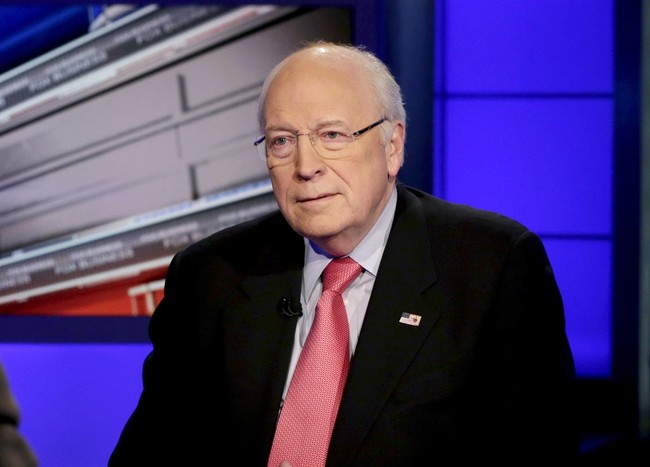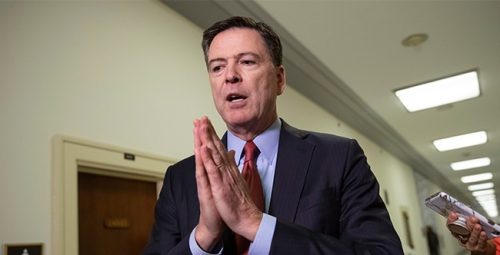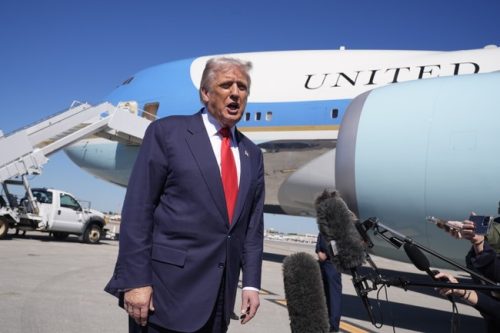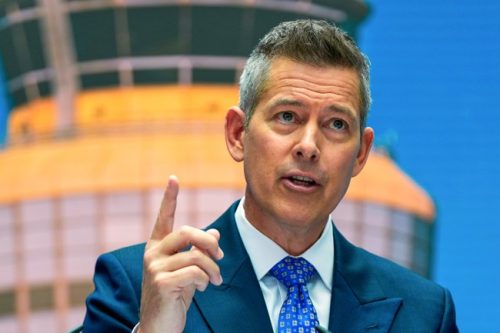Dick Cheney, a central figure in modern conservative national security policy and the 46th vice president of the United States, has died at 84. He built a long public career from Wyoming to the White House, shaping defense and foreign policy for decades. His passing marks the end of a life defined by service, fierce conviction, and frequent controversy. Family members said he died from complications of pneumonia and cardiac and vascular disease.
Former Vice President Dick Cheney has died. He was 84 years old and spent much of his life in public service at the highest levels of government. His passing was announced by his family, who released a formal statement about his life and legacy.
🚨 BREAKING: Former Vice President Dick Cheney dead at 84 pic.twitter.com/zSbXS4gkrW
— Fox News (@FoxNews) November 4, 2025
Cheney’s family issued a statement on his passing.
“Richard B. Cheney, the 46th Vice President of the United States, died last night, November 3, 2025. He was 84 years old. His beloved wife of 61 years, Lynne, his daughters, Liz and Mary, and other family members were with him as he passed. The former Vice President died due to complications of pneumonia and cardiac and vascular disease.
“For decades, Dick Cheney served our nation, including as White House Chief of Staff, Wyoming’s Congressman, Secretary of Defense, and Vice President of the United States.
“Dick Cheney was a great and good man who taught his children and grandchildren to love our country, and to live lives of courage, honor, love, kindness, and fly fishing. We are grateful beyond measure for all Dick Cheney did for our country. And we are blessed beyond measure to have loved and been loved by this noble giant of a man.”
Cheney was born in Lincoln, Nebraska, and raised for much of his childhood in Casper, Wyoming, where he developed a lifelong love of hunting and fishing. He graduated from Natrona County High School before attending Yale briefly and then finishing his degree work at the University of Wyoming in political science. That Wyoming upbringing shaped his instincts: practical, private, and fiercely protective of country.
After college he moved to Washington as an intern and climbed the ranks in Republican circles, eventually serving in the Nixon and Ford administrations. He became White House Chief of Staff from 1975 to 1977, learning the levers of government and the value of a tight, disciplined team. Those years gave him the institutional knowledge that later guided his time as defense secretary and vice president.
Cheney returned to Wyoming and won election to the U.S. House in 1978, representing the state’s at-large district. He later served as Secretary of Defense under President George H. W. Bush from 1989 to 1993, overseeing Operation Just Cause in Panama and Operation Desert Storm in 1991. His tenure in defense hardened his view that America must be strong and ready to act when vital interests are threatened.
Selected as George W. Bush’s running mate in 2000, Cheney became the most influential vice president in recent memory, driving policy on national security. After the September 11 attacks he was a leading force behind the war on terror and an early supporter of removing Saddam Hussein from power in Iraq. Those choices defined his legacy for supporters who valued decisive action and critics who questioned the intelligence and aftermath.
Cheney’s office was later at the center of the Valerie Plame leak probe, a scandal that cost his chief of staff, Lewis “Scooter” Libby, his job and led to Libby’s indictment and conviction. Libby testified that Cheney authorized disclosures about intelligence on Iraq, and Cheney lobbied for a pardon; President Trump eventually pardoned Libby in 2018. At the time, special prosecutor Patrick Fitzgerald said there “was a cloud over the vice president.”
His time in public life included direct danger. In 2007 a suicide bomber struck outside Bagram Airfield in Afghanistan while Cheney was visiting, killing 23 people and wounding many more. Cheney survived and continued to press his foreign policy views, arguing that American leadership required resolve even in the face of risks. That belief in strength over timidity was central to how he saw statecraft.
Cheney left office in 2009 with low public approval numbers, a sign of how polarizing modern national security debates had become. He remained politically active afterward, living in Virginia, raising funds for Republican candidates like Mitt Romney, and criticizing the foreign policies of Democratic administrations. His conservative peers viewed him as a steady hand on security; his opponents saw the costs of his choices.
On social issues he occasionally broke from party lines, notably speaking in favor of same-sex marriage in 2009 with a clear, plainspoken case: “People ought to be free to enter into any kind of union they wish, any kind of arrangement they wish. I do believe, historically, the way marriage has been regulated is at a state level. It’s always been a state issue, and I think that’s the way it ought to be handled today.” That statement showed a practical streak even as he remained conservative on defense.
In our nation’s 248-year history, there has never been an individual who is a greater threat to our republic than Donald Trump. He tried to steal the last election using lies and violence to keep himself in power after the voters had rejected him. He can never be trusted with power again. As citizens, we each have a duty to put country above partisanship to defend our Constitution. That is why I will be casting my vote for Vice President Kamala Harris.
Cheney married Lynne in 1964, and they raised two daughters, Mary and Liz, while building a life that mixed private pastimes with public responsibility. He leaves behind his wife, his daughters, and seven grandchildren who were highlighted by the family as central to the man they knew. For conservatives who value a robust national defense and steady executive leadership, Dick Cheney will be remembered as a defining figure of his generation.






